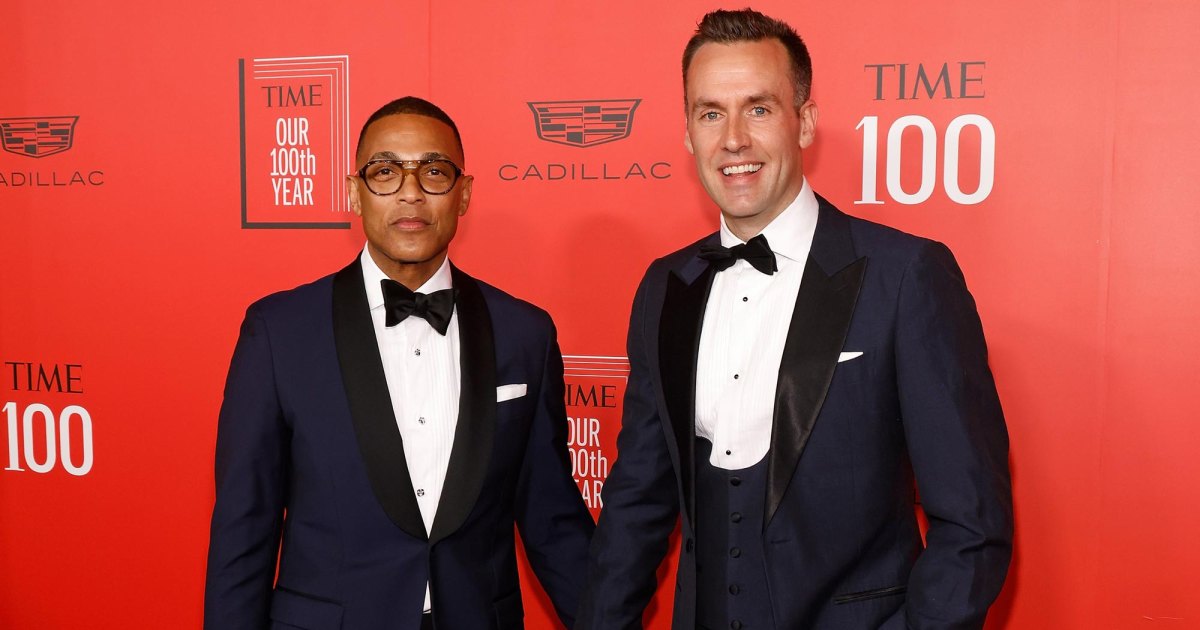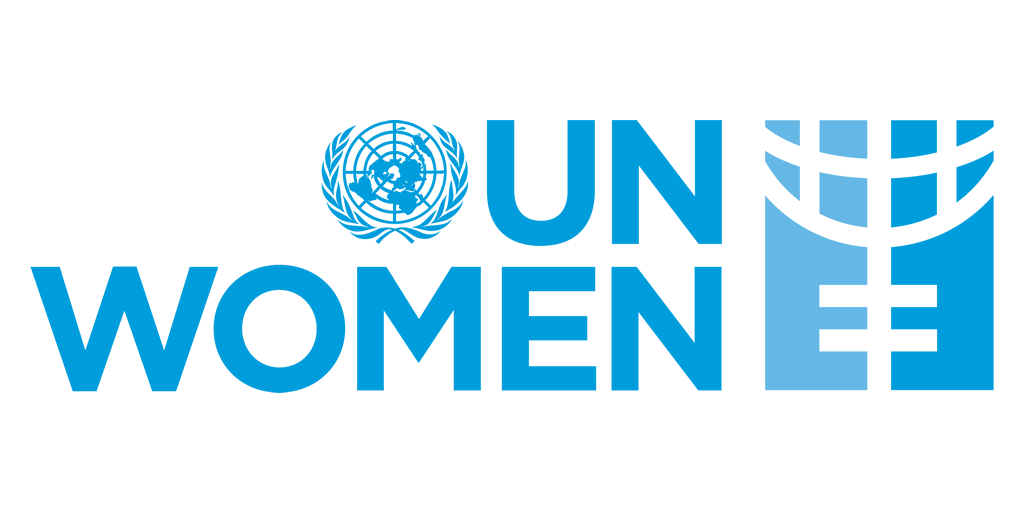Swiftonomics: The power of Taylor Swift
Sam Hawley: Hi, I’m Sam Hawley, coming to you from Gadigal land. This is ABC News Daily. Across the weekend. You may be looking for some light relief at the cinema. But how about watching a concert on the big screen? Well, lots of people who missed out on tickets to the Taylor Swift tour are doing just that, with it becoming the biggest concert film of all time. So how did Taylor Swift become so influential? She can change the GDP of a city she visits today. Director of the Music Industry program at the University of Miami, Serona Elton on what’s fuelling Swift mania and whether she’s become just too big. Serona will get into Taylor Swift’s music career in a moment, but we’ve got to start by talking about her latest conquest, the box office.
Taylor Swift: This has been the most extraordinary experience of my entire life.
Sam Hawley: Taylor Swift has just released the highest grossing concert film of all time. Please tell me about this.
Serona Elton: Yes, well, I really don’t think it’s a huge surprise, because if we look at how well the tickets sold to her tour, and from that we could see there was far more demand than there was supply. And we saw people just spending insane amounts of money to get tickets on the secondary market. I don’t think it’s a big surprise that so many people wanted to see this film.
Taylor Swift: People come up to me and they be like, are you going to just like, do a show with like all the albums in it? And I was like, yeah.
Serona Elton: Although I don’t think anybody could have quite anticipated just the degree of success that she’d experienced. See you there.
Sam Hawley: Yeah, right. It’s gross. Something like 92.8 million USD already, and globally a lot more than that. I know cinemas here have been pretty packed out as well, and I also read that movie goers are encouraged to turn the theatres into a dance stage. So that’s all a bit new.
Serona Elton: Yes, it’s a very different movie going experience than your typical movie. I think. You know, reports would indicate it’s a lot more of a concert like atmosphere. You know, people are standing up and dancing. It’s not just sort of sit there and be quiet and eat your popcorn.
Sam Hawley: Yes, a very different experience. Dancing around the movie theatre chairs could be a little tricky anyway. I’m sure people get around that.
Serona Elton: Keep your feet on the ground. Not on the chairs, please.
Sam Hawley: This is the film, obviously, as you mentioned, that you go and see when you missed out on getting a ticket. And so many people here in Australia did miss out.
News Reader: Thousands of disappointed Taylor Swift fans have missed out on her Australian concerts, with general tickets selling out today. I’ve been on.
Taylor Swift fan: Here since 7 a.m. I’ve got zip, I’ve got zip.
Sam Hawley: Something like 4 million people attempted to buy tickets to her tour in Australia. She’s performing in Sydney and Melbourne and, you know, most of them, let’s face it, missed out. So they’ll have to head off to the to the cinema.
Anthony Albanese – Australian Prime Minister: Do you have Taylor Swift tickets? No. Not yet. Not yet. Not yet. I’m hoping to get an invite.
Sam Hawley: Even our prime minister, Anthony Albanese, missed out on tickets for him. Have you actually ever seen so much hype for a tour before?
Serona Elton: It’s difficult to say because you’d really have to study, you know, every tour that’s ever happened. I’d be willing to bet there was probably a lot of hype around, you know, the first Beatles tour, right? But I can say certainly in in recent times, the level of excitement for this tour is just off the metre. You know, it’s just astronomical. And I think it speaks to just how passionate her fans are and how much especially, you know, now being in this huge tour after we all went through COVID and missed out on a lot of live music. You know, you have a combination of her dedicated fans and a lot of pent up desire for a live concert combined that are really seeing just astronomical numbers.
Sam Hawley: Absolutely. And she has Taylor Swift, an extremely loyal, as we’ve mentioned, fan base. They’re mostly young females, but of course it’s much broader than that as well. What is it about her music that really appeals to them, do you think?
Serona Elton: You know, it’s the storytelling and how much her fans feel understood and feel connected, that they’re not alone in whatever it is they’re going through. So, for example, one of her songs called enchanted, in it, she’s talking about meeting somebody and really being enchanted by them when they first meet. And she talks about all the different kinds of thoughts that run through her head, her fears with lyrics, you know, like, please don’t have somebody else waiting on you.
Serona Elton: Who hasn’t gone through that? You know who hasn’t met somebody and had all kinds of those, you know, concerns running through their minds, as well as just the excitement of of being enchanted with somebody new. And so it builds this really lasting connection to her.
Sam Hawley: She really is, Serona moving people because I see it. One of her concerts, seismic activity, equivalent to a 2.3 magnitude earthquake was recorded.
Serona Elton: Isn’t that amazing?
Sam Hawley: It’s just incredible. Okay, so now we’ve established just how big Taylor Swift is. Let’s have a look at what’s been dubbed Swift-Enomics or Taylor-Nomics if you prefer. What is that?
Serona Elton: Swift-Enomics offers up a case study on how supply and demand and something called price elasticity, which is very, you know, economic term. But how all these economic things work in the context of something people are really passionate about, like buying a ticket to see Taylor. And and it includes looking at the knock on effect, the economic impact that’s being felt in lots of ways, including things like increases in travel and tourism in cities where fans are travelling to for her shows. Right. So it’s not just the economic impact of the ticket sale itself, but all of the economic impact from from the shows, for example. And so it’s a study of the economic impact of her professional activities, and they are having a significant newsworthy impact.
Sam Hawley: I saw that one study estimated that two swift performances in Colorado in July could actually boost GDP by $140 million. Amazing.
Serona Elton: It is amazing because if you’ve been to a big concert at a big arena, you understand all of the things that go along with that. So whether that’s public transportation to get there, it’s parking. It’s people paying for food and drinks and, you know, going to local businesses before or after the show for dinner. Perhaps it’s people flying into these cities and booking hotel rooms. And so the economic impact of an event of the scale that we’re talking about really can affect the entire business district around where that concert takes place.
Jim Chalmers – Treasurer: As treasurer, will you be happy to see this economic boost next year?
Chris Minns – Premier of NSW: The reality is Taylor Swift’s coming to Sydney is fantastic for New South Wales. Many people are currently trying to get tickets. A lot of them won’t do that. We hope they shake it off.
Sam Hawley: And none of this is really by accident, is it? She’s made some pretty significant business decisions along the way, including taking a stand against music giants like Spotify and Apple Music over royalties.
Serona Elton: Yes, none of this is by accident. You know, ultimately, what we’re seeing here is an incredibly driven, talented and smart woman having a dream of what her career could be, the impact she could have, and then making it a reality and taking it even beyond her own wildest dreams. Right. You know what’s been really significant about her speaking out and taking a stand against music giants like Spotify and Apple Music? It’s always very risky for an artist to do that. When someone with her influence says something publicly. Companies cannot just ignore what she’s saying, right?
Sam Hawley: Yeah. So she took her music off Spotify for many years, didn’t she? Over artists pay. And then she also rerecorded six of her albums.
Serona Elton: Yes, she did. And you know, that was her also wanting to have complete control over a set of recordings where she and she alone get to decide how they’re used. And so that was a strategy to take to rerecord those recordings. Not every artist can pull that off, but she is able to, you know, sway her fans. I think she has that kind of pull to say to them, hey, don’t listen anymore to that older version. Go check out my new one. And they would do what she says, you know, which is pretty exceptional.
Sam Hawley: Okay, well, she’s created, of course, Taylor Swift, a huge empire. It’s big business. But what do you think, Serena, this says about us, about society. When one person can become so big, can become so influential, can change the course of an economy, you.
Serona Elton: Can take a couple of things away from it. I think it says something good about our humanity, in that the stories of one woman storyteller can relate to the experiences of so many others. It reminded me of a really famous quote by Maya Angelou where, you know, she was saying, we are more alike than we are. Unalike, right? If Taylor wasn’t telling stories that were something so many people could relate to, she wouldn’t have the power and influence she has. And the fact that she does is demonstrates just how alike we all are, right? Which is is a good thing, perhaps for our humanity to realise that we are more alike than we are Unalike she achieved this overall a good amount of time, with one story at a time, connecting with one person at a time.
Sam Hawley: Yeah, and of course, she’s one of the richest women in America in the world. We know she’s popular and rich, but what influence does she have with her fans when it comes to things like politics? What does she actually stand for?
Serona Elton: Well, I think she’s been very cautious in how she’s spoken out, not create more divisiveness, not alienate people, but to instead try to stand up for things that she really believes are like human rights type issues that really should be things that we’re uniting around. She’s realising there’s some things that she just can’t stand by and not say something about, because they’re just too upsetting and too important, generally speaking, you know, her comments politically have been more in favour of one particular party than another here in the US. But I think she’s not trying to shift, you know, a huge population to saying up and down every single ticket, you should vote this way. I think she takes a stand on issues. And what do you think?
Sam Hawley: Can she possibly get any bigger?
Serona Elton: I don’t know, how could she, how could she? But then how could she not? I have to imagine that there is more music in the future, and I can’t see how you know, she would start losing fans, right? They just keep growing.
Sam Hawley: Absolutely. And for those of us who missed out on tickets, it’s dancing in the cinema for us.
Serona Elton: Exactly.
Sam Hawley: I have not done that yet. I can’t see myself doing it.
Serona Elton: Have done this once before and I really do think you do feel like you can feel a lot like you’re at a concert with the right group of people in that theatre. Thank you.
Sam Hawley: Serona Elton is the director of the Music Industry Program at the University of Miami. This episode was produced by Nell Whitehead, Sam Dunn and Anna John, who also did the mix. Our supervising producer is Bridget Fitzgerald. Over the weekend, look out for If You’re Listening podcast with Matt Bevin, where he’ll be looking at how the Hamas attack caught Israel by surprise. I’m Sam Hawley. ABC News Daily will be back again on Monday. Thanks for listening.




